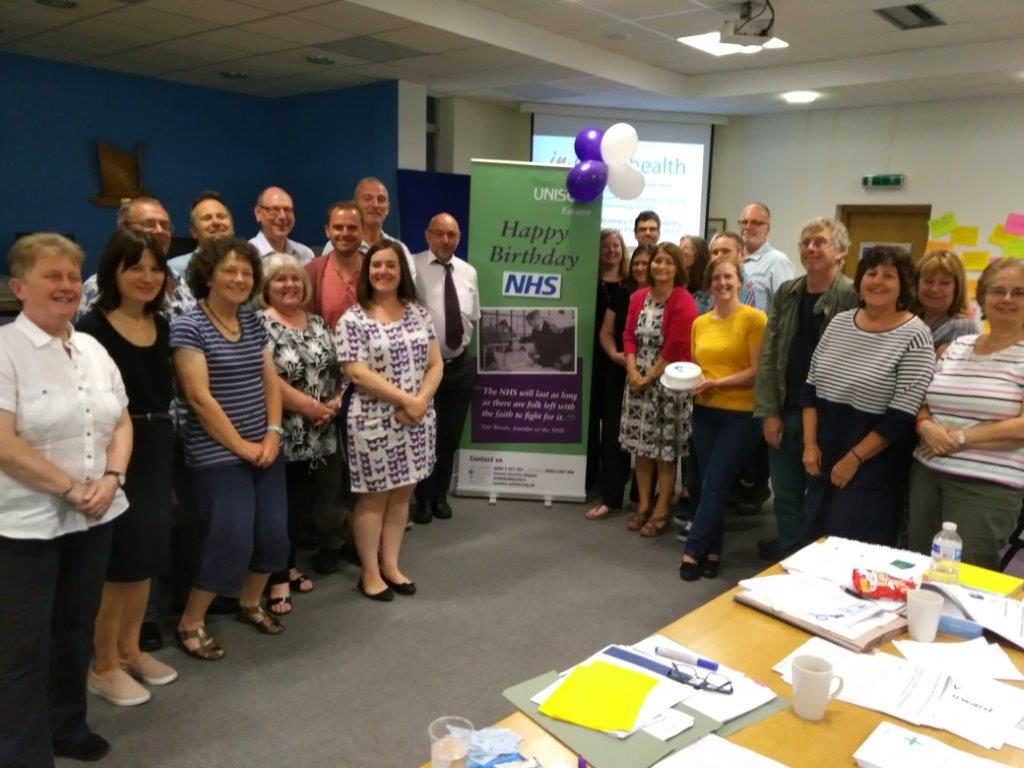
UNISON Learning and Organising Services have developed a course designed to help activists make sense of Sustainability and Transformation Partnerships (STPs) in response to a request from the Health service group executive.
STPs were developed across England last year by 44 local areas known as footprints; their stated aims included better integration between health and social care, developing new models of care and prioritising prevention and public health. However, this was tied up with a requirement to make £22bn in so-called efficiency savings across the 44 STPs.
While UNISON supports some of the underlying principles of STPs, such as better integration and prevention, we have very serious concerns about the lack of funding available for the plans, that STPs are increasingly becoming a vehicle for cuts and that there has been a dearth of consultation and engagement with staff and the public.
Making Sense of STPs aims to demystify the process and jargon associated with the proposals. The course includes activities on:
- jargon busting
- mapping influence
- identifying allies
It encourages activists from branches across all sectors to work together to influence key players and to try to ensure that any detrimental effects of the STPs are stopped.
UNISON education officer Louise Chinnery said, “This is an important opportunity for our activists to become familiar with the jargon involved with STPs and to explore the potential impact on the local workforce and service users. Our pilot group, from all of the local branches in the STP footprint, found it useful to work together to plan how to influence their STP.”
UNISON Learning and Organising Services piloted the course in Eastern region this summer, and education organisers from all UNISON regions and nations have been briefed. If you are interested in attending a course, contact your regional education team.
